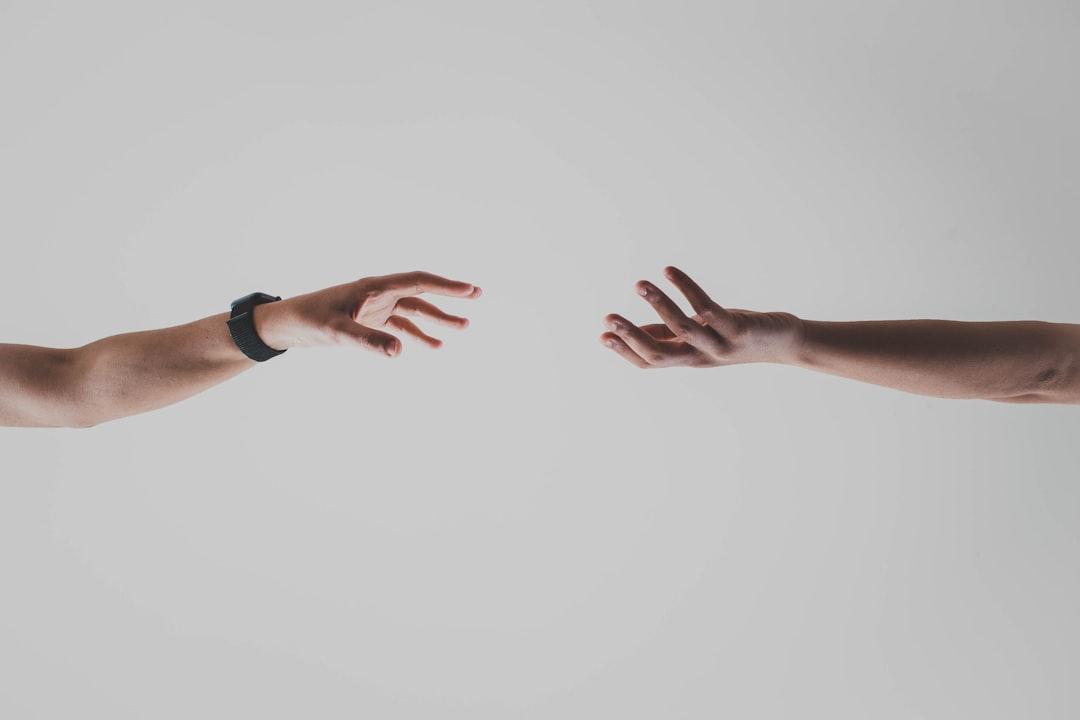Irina Bălan's Key Ideas from Four Thousand Weeks
by Oliver Burkeman
Ideas, facts & insights covering these topics:
16 ideas
·42.1K reads
129
2
Explore the World's Best Ideas
Join today and uncover 100+ curated journeys from 50+ topics. Unlock access to our mobile app with extensive features.
The real problem of time management today, though, isn't that we're bad at prioritising the big rocks. Is that there are too many rocks - and most of them are never making it near that jar. The critical question isn't how to differentiate between activities that matter and those that don't, but what to do when far too many things feel at least somewhat important, and therefore arguably qualify as big rocks.
OLIVER BURKEMAN
385
4.51K reads
Pay yourself first
Whether it's in time, activity or object of focus, prioritise the things that are really important for you.
Start doing that thing that matters most to you.
383
4.06K reads
Limit your work in progress
Fix a hard upper limit to the things you allow yourself to work on at any given time.
Working on everything is simply not an option.
367
3.68K reads
Resist the allure of middling priorities
You need to start saying no to things you do want to do, with the recognition that you have only one life.
Make a top 25 of the things you most want in life. Focus on the top 5 and completely ignore the 20. They distract you from what matters most.
431
3.21K reads
Procrastination vs Perfection
Procrastination has to do not with how much we'll be able to do in the time available, but rather that we won't have enough talent to produce work of sufficient quality.
It prevents us from making the work that matters most to us.
It's a strategy of emotional avoidance
377
2.94K reads
Attention is life, not a resource
At the end of your life, looking back, whatever compelled your attention from moment to moment is simply what your life will have been.
388
2.92K reads
Stop resisting
Some Zen Buddhists hold that the entirety of human suffering can be boiled down to this effort to resist paying full attention to the way things are going, because we wish they were going differently, or because we wish we felt more in control of the process.
There is a very down-to-earth kind of liberation in grasping that there are certain truths about being a limited human from which you'll never be liberated.
You don't get to dictate the course of events.
And the paradoxical reward for accepting reality's constraints is that they no longer feel so constraining.
374
2.44K reads
You can never be truly certain about the future.
And so your reach will always exceed your grasp.
OLIVER BURKEMAN
342
3.1K reads
Keep improvising
Hopefully, when the future arrives, we'll have what it takes to weather it.
If you're willing to endure the discomfort of not knowing, a solution will always present itself.
Rather than race towards a solution, let reality unfold at its own speed.
359
2.25K reads
You are here vs 'when-I-finally' mind
We find ourselves living in the future , locating the 'real' value of our life in some time that we haven't yet reached, and never will.
361
2.3K reads
Principles of patience
Develop a taste for having problems
(problems are the very substance of life)
Embrace radical incrementalism
(tolerate the fact that you won't produce much on a daily basis, but produce more over the longterm)
(be willing to stop when your daily time is up - help strengthen the muscle of patience that will allow you to return to your work again and again)
Originality lies at the far side of unoriginality
(stay in the trial-and-error phase of copying others, learn new skills and accumulate experience)
(the willingness to stop and be where you are, make the most of whatever part of the journey)
412
1.95K reads
You're not Einstein
You won't put a dent in the universe.
It's a relief to be reminded of your insignificance.
The things you are already doing are more meaningful than the things you're supposed to be doing.
373
2.03K reads
Give up hope..
... of being in control
... that with more work you could meet other people's limitless demands
... that painful experiences aren't coming your way
... that this isn't really it.
The average human life is terrifyingly short and this is cause for relief. Let go of the quest to become optimised. Just roll up your sleeves and start work on what's possible.
365
1.81K reads
10 tools for finitude
1.A "fixed volume" approach to productivity (predetermined time boundaries for work + two to do lists (one closed and one open, keep max. 10 items on your closed one, add things from the open one only after completing tasks in the closed one)
2.Focus on one big project at a time (postpone everything that you can, but one thing; the satisfaction from completing one big project will make the anxiety seem worth wile)
3.Decide in advance what to fail at (strategic underachievement, conscious form of imbalance, underperform in some things on purpose, come back to them later)
407
1.74K reads
10 tools for finitude
4.Focus on what you've already completed (keep a 'done' list, the motivating power of small wins, fight the productivity debt and the wish to reach a zero balance by evening)
5.Stop caring for too many things (social media, news, logic of attention economy)
6.Embrace boring technology (single function)
7.Seek out novelty in the mundane (pay attention to everyday things)
8.Curiosity in relationships (your goals isn't to achieve something, but figure out who the other human is)
9.Instant generosity (if you feel like giving a praise or a gift, act on impulse and do it)
382
1.56K reads
10 tools for finitude
10.Practise doing nothing
"I have discovered that all the unhappiness of men arises from one single fact, that they cannot sit quietly in their own chamber."
Blaise Pascal
394
1.55K reads
IDEAS CURATED BY
CURATOR'S NOTE
I've been looking for ways in which to balance what I want to do with what I need to do. This book puts things in perspective in a mix of self help and philosophical bits. The weeks we live in a life really are finite.
“
Different Perspectives Curated by Others from Four Thousand Weeks
Curious about different takes? Check out our book page to explore multiple unique summaries written by Deepstash curators:
14 ideas
RD x's Key Ideas from Four Thousand Weeks
Oliver Burkeman
14 ideas
Wendy Poole's Key Ideas from Four Thousand Weeks
Oliver Burkeman
3 ideas
Alex Genov's Key Ideas from Four Thousand Weeks
Oliver Burkeman
Discover Key Ideas from Books on Similar Topics
10 ideas
Slow Productivity
Cal Newport
18 ideas
The Power of Habit
Charles Duhigg
14 ideas
Essentialism
Greg McKeown
Read & Learn
20x Faster
without
deepstash
with
deepstash
with
deepstash
Personalized microlearning
—
100+ Learning Journeys
—
Access to 200,000+ ideas
—
Access to the mobile app
—
Unlimited idea saving
—
—
Unlimited history
—
—
Unlimited listening to ideas
—
—
Downloading & offline access
—
—
Supercharge your mind with one idea per day
Enter your email and spend 1 minute every day to learn something new.
I agree to receive email updates















